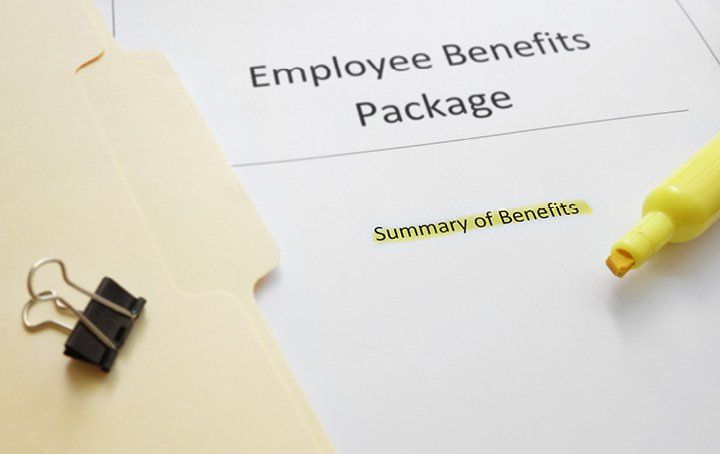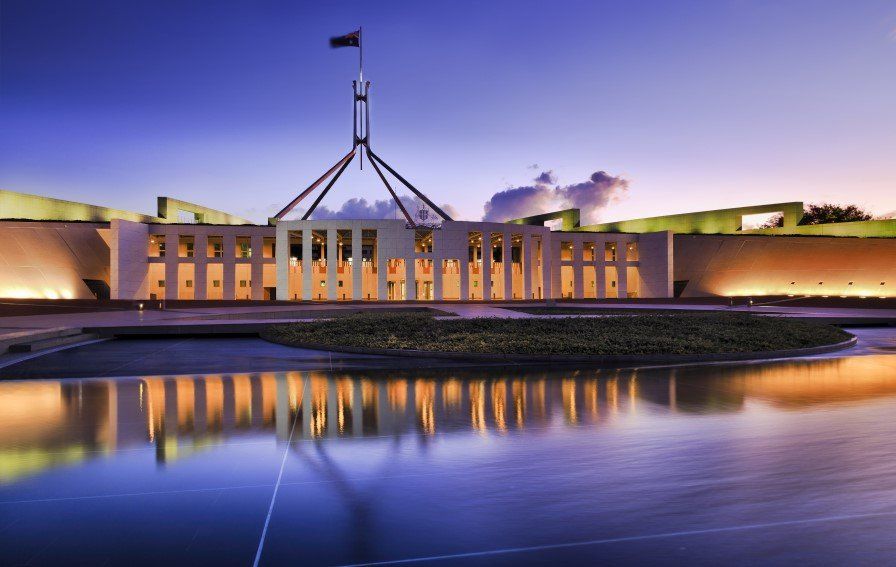The Fringe Benefit Tax traps

The Fringe Benefits Tax year (FBT) ends on 31 March. We explore the problem areas likely to attract the ATO’s attention.
Electric vehicles causing sparks
In late 2022, the Government introduced a concession that enables employers to provide some electric vehicles to employees without incurring the 47% fringe benefits tax (FBT) on private use.
The exemption applies to the use of electric cars, hydrogen fuel cell electric cars or plug-in hybrid electric cars if:
• The value of the car is below the luxury car tax (LCT) threshold for fuel efficient vehicles ($89,332 for 2023-24 financial year) at the time it is first sold in a retail sale; and
• The car is both first held and used on or after 1 July 2022.
If your business is planning on acquiring an electric vehicle, be aware that from 31 March 2025, the FBT exemption will no longer apply to plug-in hybrid electric vehicles unless the vehicle met the conditions for the exemption before this date and there is already a binding agreement to continue to use the vehicle privately after this date.
The problem areas
The exemption only applies to employees - For the FBT exemption to apply, the vehicle needs to be supplied by the employer to an employee (including under a salary sacrifice agreement). Partners of a partnership and sole traders are not employees and cannot access the exemption personally.
If LCT applies to the car it will never qualify for the FBT exemption. For example, if the EV failed the eligibility criteria in 2022-23 when it was first purchased because it was above the luxury car limit of $84,916, the fact that it resold in 2023-24 for $50,000 does not make it eligible for the exemption on resale. Likewise, if the car was used by anyone (including a previous owner) before 1 July 2022 then it will probably never qualify for the FBT exemption.
Home charging stations are not included in the exemption. The FBT exemption includes associated benefits such as registration, insurance, repairs or maintenance, but it does not include a charging station at the employee’s home. If the employer instals a home charging station at the employee’s home or pays for the cost, then this is a separate fringe benefit.
FBT might not apply but you do the paperwork as if it did. While the FBT exemption on EVs applies to employers, the value of the fringe benefit is still taken into account when working out the reportable fringe benefits of the employee. That is, the value of the benefit is reported on the employee’s income statement. While you don’t pay income tax on reportable fringe benefits, it is used to determine your adjusted taxable income for a range of areas such as the Medicare levy surcharge, private health insurance rebate, employee share scheme reduction, and certain social security payments.
What about the cost of electricity? The ATO’s short-cut method can potentially be applied to calculate reportable fringe benefit amounts and applies a rate of 4.20 cents per kilometre. If you are not using the short-cut method, you need to have a viable method of isolating and calculating the electricity consumption of the car.
The exemption does not apply if the employee directly purchases or leases the EV. If an employee purchases or leases the EV directly, and the employer reimburses them under a salary sacrifice arrangement, the FBT exemption does not apply because this is not a car fringe benefit. However, the exemption can potentially apply to novated lease arrangements if they are structured carefully.
Not all electric vehicles are cars. To qualify for the exemption, the EV needs to be a car – electric bikes and scooters do not count, nor do vehicles designed to carry a load of 1 tonne or more or that carry 9 passengers or more.
Other FBT problem areas
Not registering. If you have employees, it is unusual not to provide at least some fringe benefits. If your business is not registered for FBT but you have provided entertainment, salary sacrifice arrangements, forgiven debts, paid for or reimbursed private expenses, or have provided accommodation or living away from home allowances, it’s important that the FBT position is reviewed carefully. The ATO targets businesses that aren’t registered for FBT.
When employees travel. There has been a renewed focus recently on whether employees are travelling in the course of performing their work (deductible and not subject to FBT) or travelling from home to their place of work (not deductible and subject to FBT). The Federal Court decision in the Bechtel Australia case is a good example. The case dealt with the travel of fly-in-fly-out workers between home and their worksite - involving flights, ferry and bus travel. The Court found that the employees were travelling before they commenced their shift and that the employer was liable for FBT in connection with the transport that was provided. The case highlights the need for employers to ensure that they are fully aware of the connection between work and travel.
Need Help with your Business, Bookkeeping, Tax or SMSF requirements?
If you would like a little help, please get in touch with us for assistance. We can help with your business, bookkeeping, tax and SMSF requirements.
Please also note that many of the comments in this publication are general in nature and anyone intending to apply the information to practical circumstances should seek professional advice to independently verify their interpretation and the information’s applicability to their particular circumstances. Should you have any further questions, please get in touch with us for assistance with your SMSF, business, bookkeeping and tax requirements. All rights reserved. Brought to you by RGA Business and Tax Accountants. Liability Limited by a scheme approved under Professional Standards Legislation.















